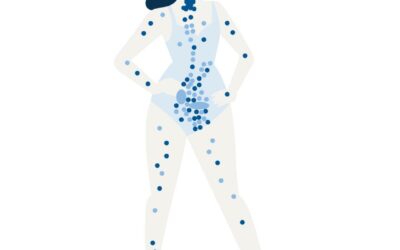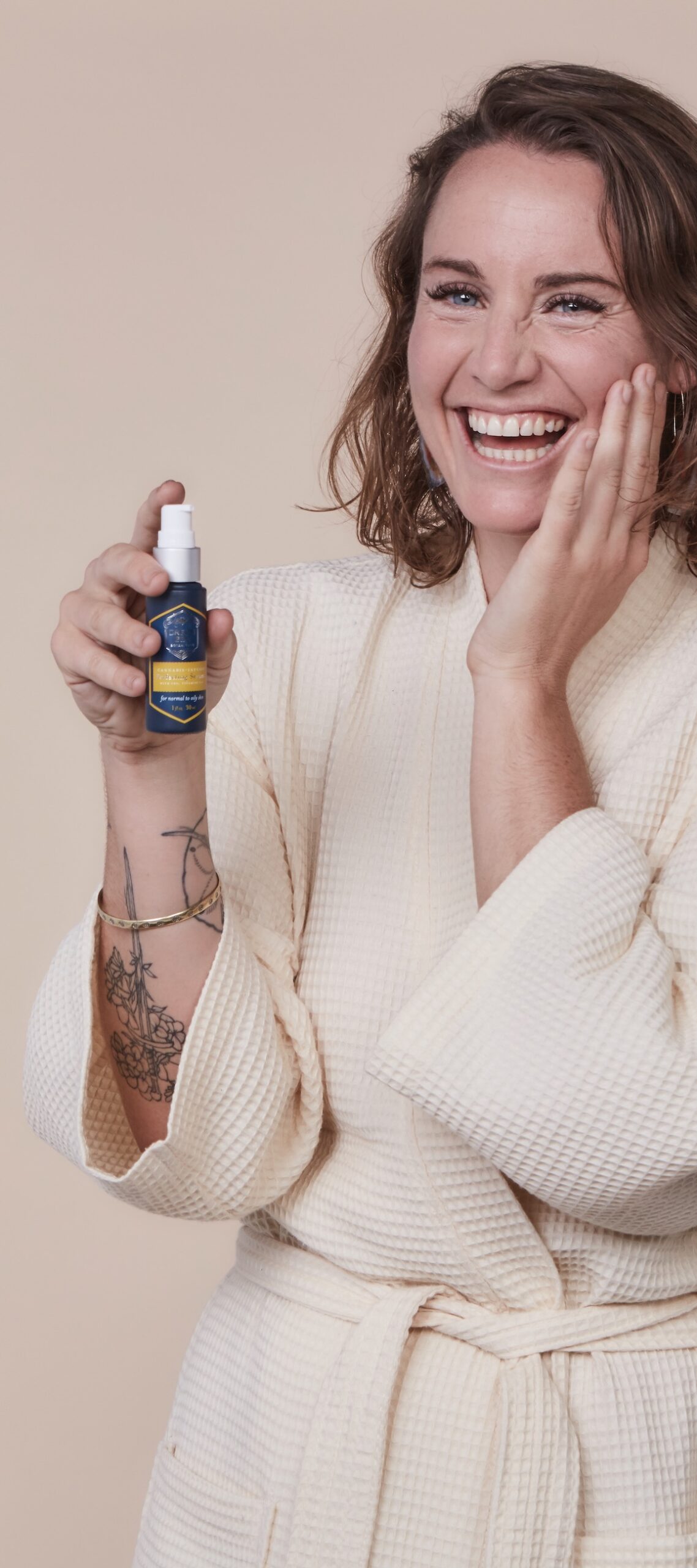We shared the good news in our newsletter last week that California passed two bills to protect consumers — especially women and in particular, women of color — from harmful cosmetics:
We’re proud to say these laws will not affect any Green Bee products because we’ve never used any of these harmful ingredients and never will. But we’re happy that California is stepping up to protect us.
The majority of the 24 banned chemicals are linked to breast cancer, and all are known to cause cancer, reproductive harm, and hormone disruption. Among the worst offenders are mercury, formaldehyde, long-chain parabens (often used in skincare products as preservatives), and toxic fluorinated chemicals known as PFAS. (See below for the full list of all 24 banned chemicals.)
Some of the most toxic chemicals on the banned list, like formaldehyde, are used in hair straightening and other products aggressively marketed to Black women. It is NOT a coincidence that Black women have the highest breast cancer mortality rate (31%!) of any racial or ethnic group in the US.
California is the first US state to ban these substances, which have long been banned by 40 countries and the EU, but not by the US.
Green Bee Botanicals founder, Bridget May, has something to say about all this: “The fact that mercury is one of the 24 chemicals on a banned list only now in 2020 is insane. Everyone knows mercury is poisonous. And the evidence is decades old for how dangerous all of the banned chemicals are. That we have to pass laws to get companies not to use them is crazy.”
The fact that it took this long for forward-thinking California to pass these laws is a reflection of just how powerful the mainstream cosmetics industry is. And big cosmetics company lobbyists still succeeded to some degree, because these laws won’t take effect until 2025, giving them time to sell through their current stock of soon-to-be-banned products before they have to reformulate.
Our advice?
1. Research the companies who make your products. Most are only self-interested, a small but growing number are health-interested; find the ones that have your health at heart and stick with them.
2. Look for skincare, makeup, shampoo, etc. that comes with a third-party Certificate of Analysis (COA) — lab test results that show which harmful ingredients the product is free of. A COA with 100% “pass” results is the only way to know that a product is clean, no matter what the pretty packaging or product label says. You want COAs that show results for at least heavy metals (mercury, lead, arsenic, cadmium), chemical residue, residual solvents, and mold. While publicly available COAs aren’t yet required, they are becoming more common. (You may have guessed, if you didn’t already know, that Green Bee Botanicals tests every small batch. See our COAs for yourself here.)

3. Since the California Toxic-Free Act doesn’t take effect until 2025, get familiar with the banned list. What are the 24 chemicals banned from cosmetics in California? The list doesn’t quite add up nicely to 24 unless you write out each derivative included in the phrase “and its salts,” but here’s the important summary. If you see any of these on the ingredient lists of any personal care products you use now — skincare, soaps, shampoos, hair spray, nail polish, etc. — do your beautiful self a favor and don’t wait for the law to take effect; ditch them now:
4. If you haven’t already, try natural, organic, plant-based skin products. Plant medicine isn’t magic, but it is clean, safe and effective. It’s your best path to chemical-free, healthy, beautiful skin that allows you to be your best self, naturally.





0 Comments